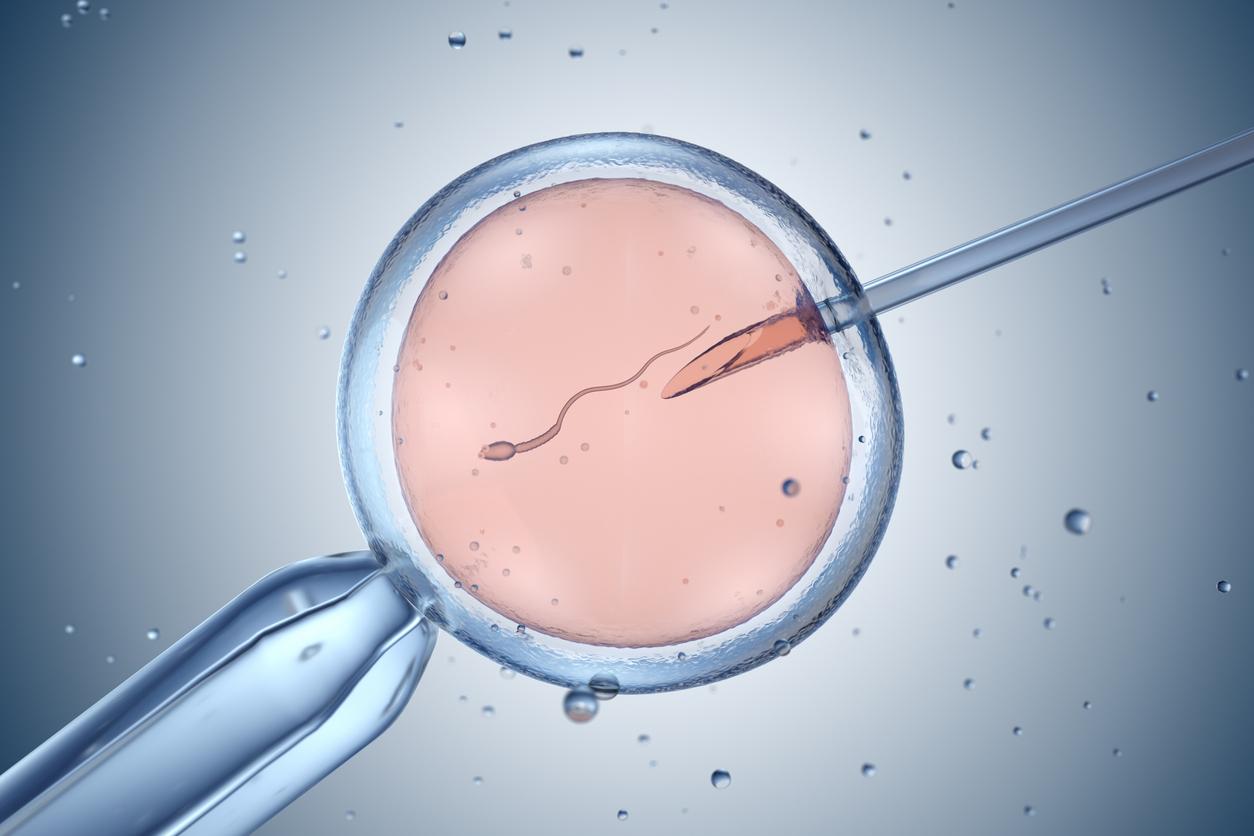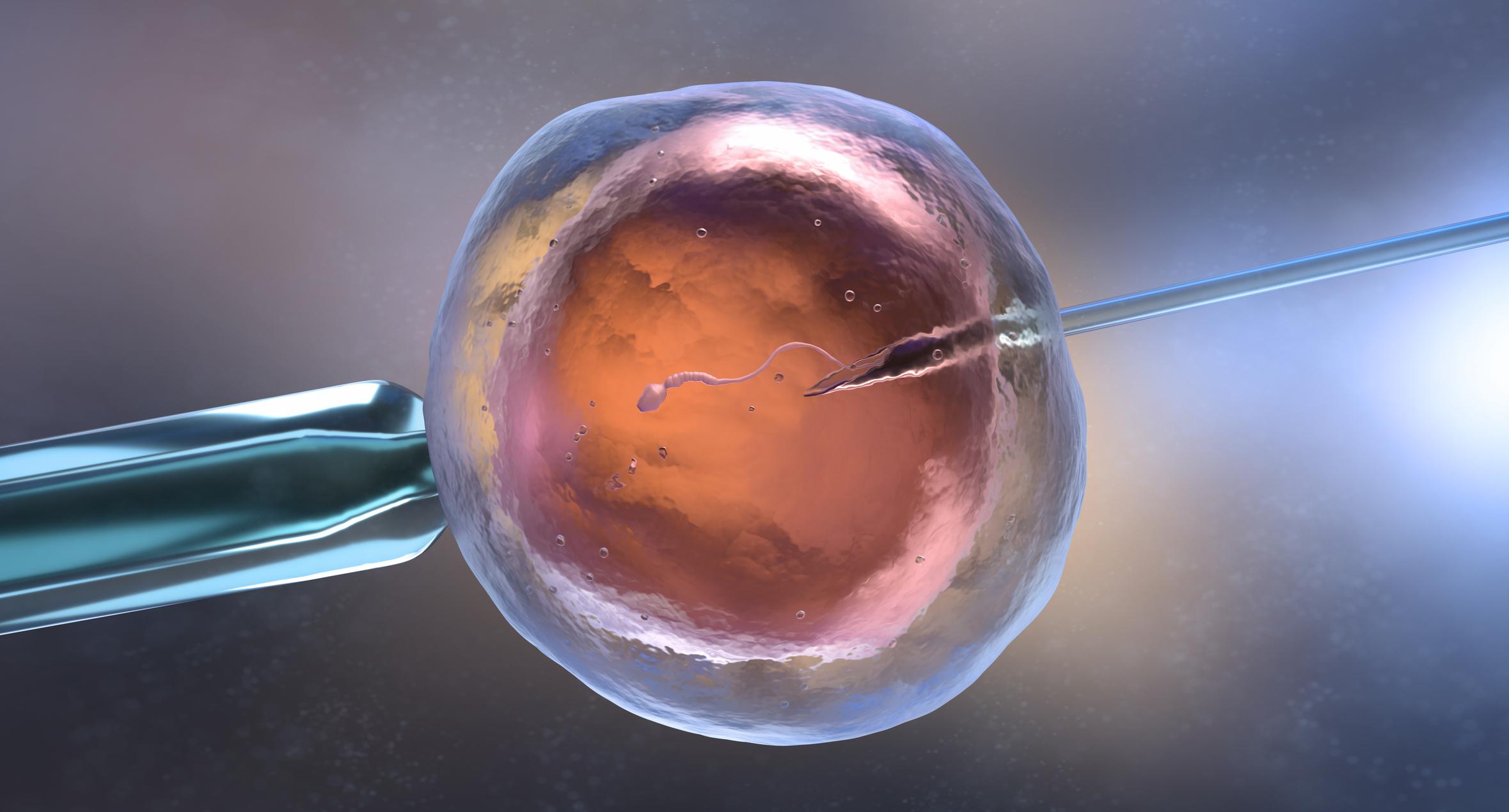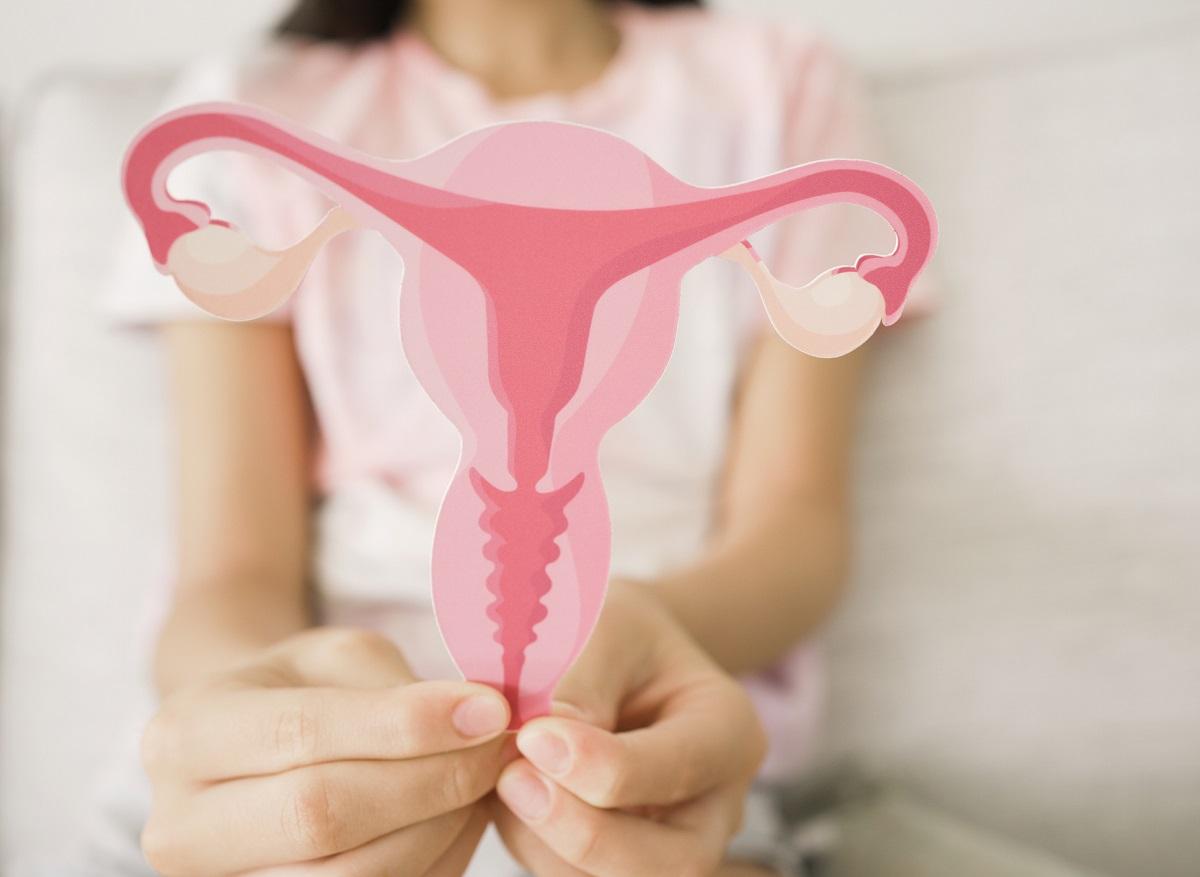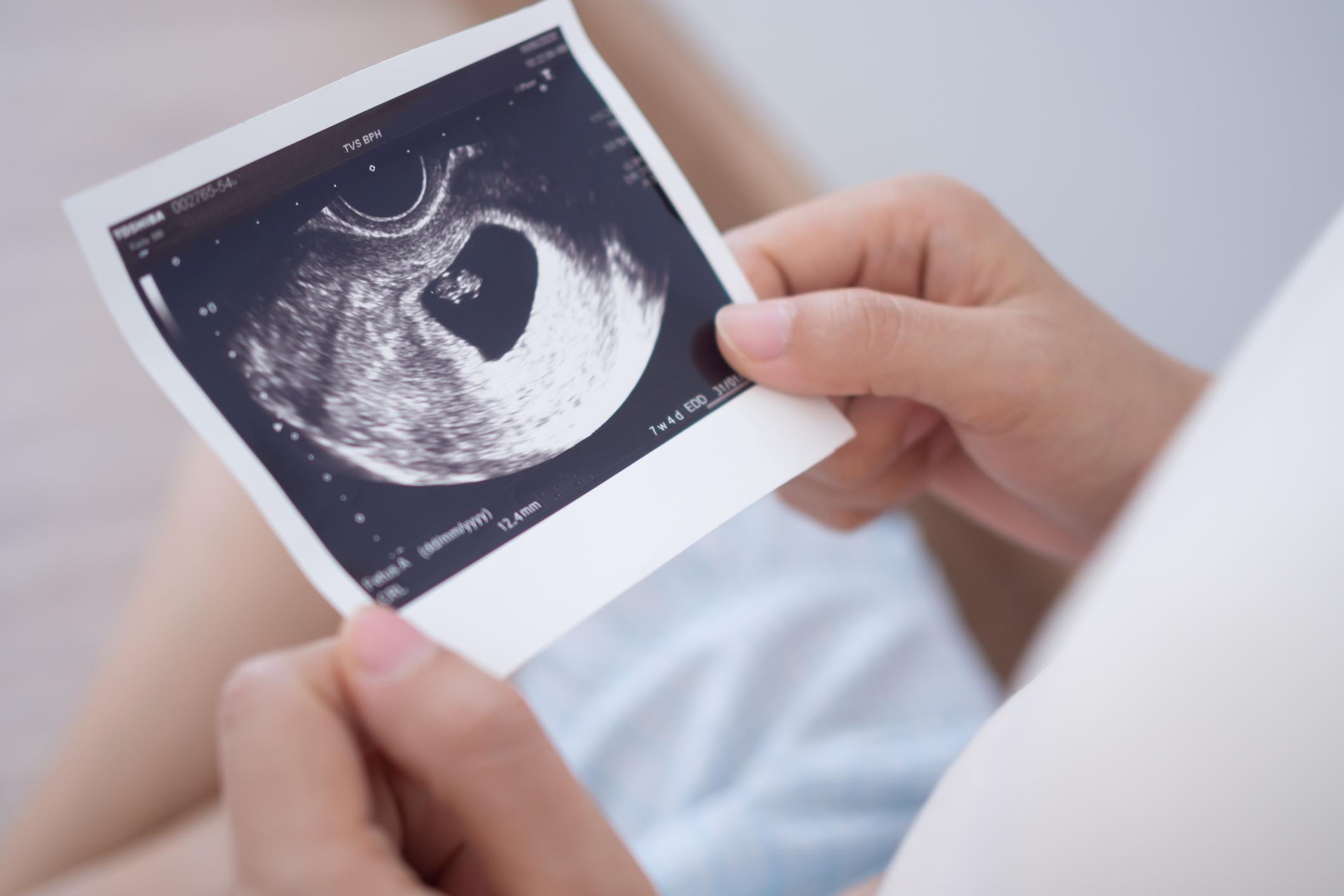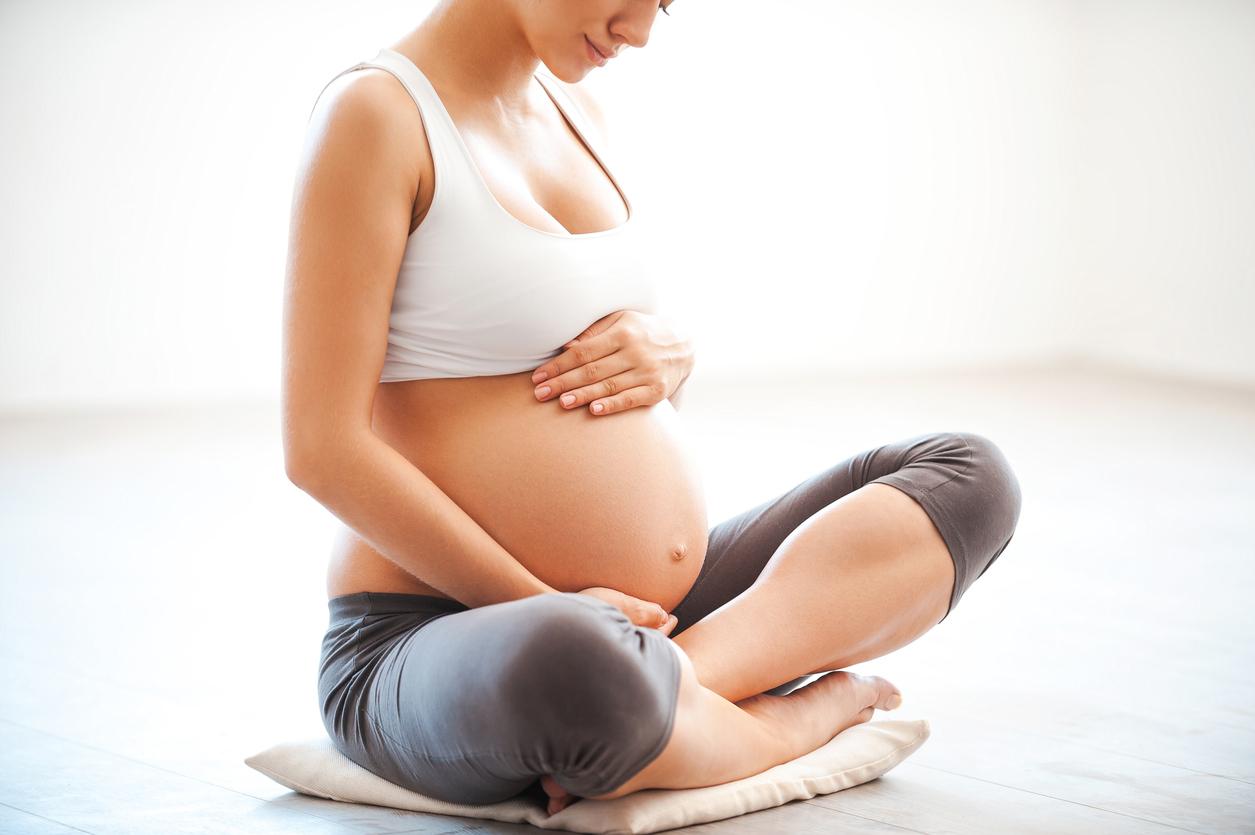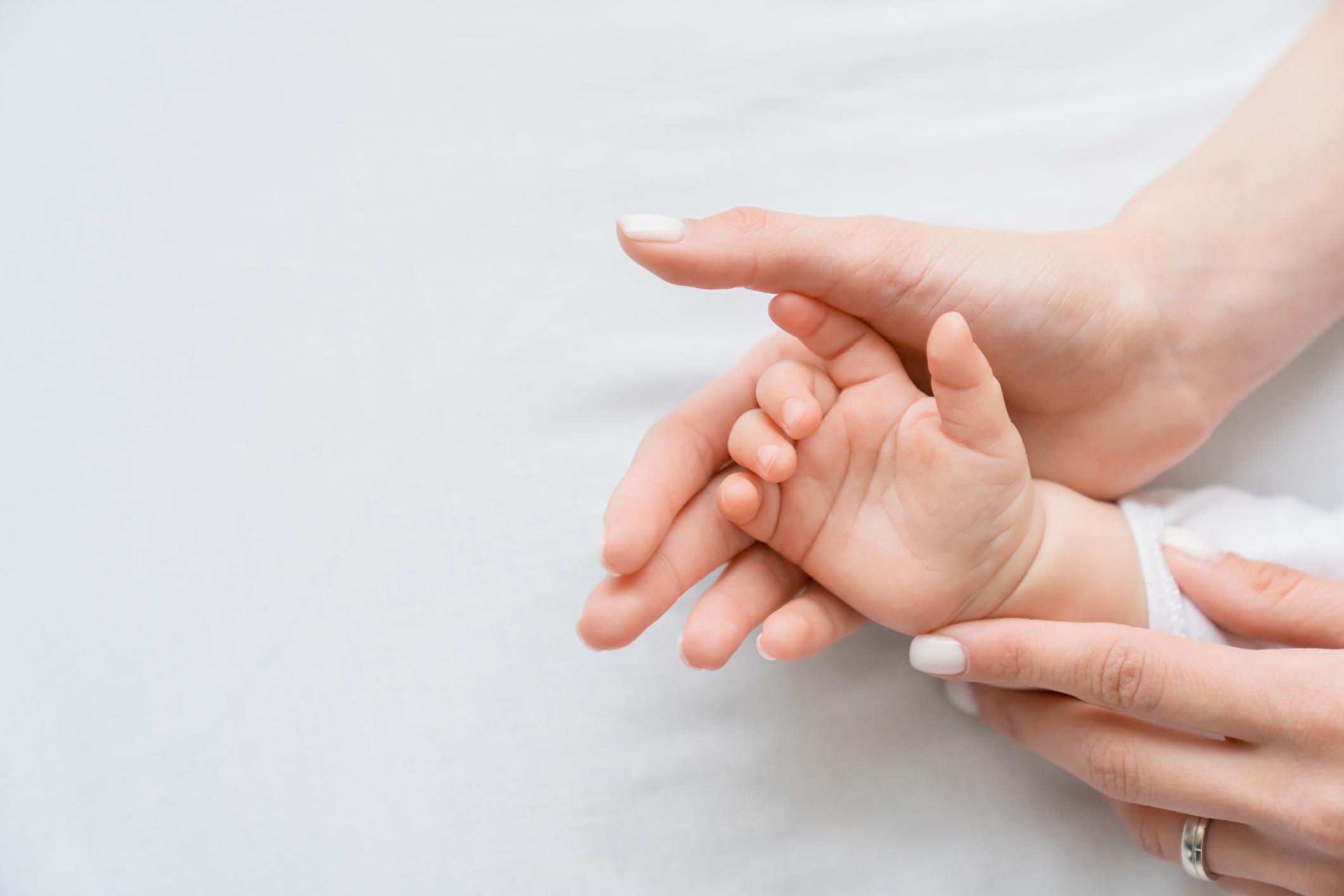Children born through assisted reproduction are no more likely to suffer from developmental delay than those conceived naturally.

During the last decades, the techniques of medically assisted procreation (MAP) have continued to improve. Ovarian stimulation, artificial insemination, fertilization in vitro (IVF), frozen embryo transfer. These different techniques are used every day by hundreds of specialized centers and allow thousands of couples facing infertility to have a child. In France, in 2013, 23,651 children were born thanks to ART, according to the Biomedicine Agency.
However, the scientific literature offers little information on the future of these children, in particular the possible effects of infertility treatments on their development. This is why American researchers have looked into this question. They publish their results this Monday in the review JAMA Pediatrics.
No difference between children
Between 2008 and 2014, the team led by Dr Edwina Yeung (1) followed 1,800 children born thanks to ART and 4,000 children conceived naturally. Up to the age of 3, parents were asked to complete questionnaires on their child’s motor development, communication skills, problem-solving skills and social functioning. At the same time, mothers had to specify the treatment they had used.
At the end of this study, the researchers did not observe any significant difference between the children resulting from a PMA and the others. Moreover, among the children presenting a developmental delay at the age of 3 or 4 years, as many were conceived naturally (18%) and by AMP (13%), which suggests that this deficit is not associated with treatment of infertility.
Finally, scientists have found no significant difference between the different techniques of assisted reproduction. In other words, children born thanks to artificial insemination do not have any more risks than those resulting from IVF.
“To my knowledge, no study has shown any difference on the psychic and psychomotor level between children born thanks to an ART and others,” indicates Professor Jean-François Guérin, head of the Center for Study and Conservation of Eggs and Sperm (CECOS) from Lyon. These results are reassuring and confirm all the work carried out so far ”.
An increased risk of autism not ruled out
Nevertheless, a previous study by the same authors indicates that children born from in vitro fertilization with micro-injection (IVF-ICSI), the most practiced today, have an increased risk of autism in the first 5 years. of life. Also, the scientists decided to continue their study until the 8th children’s birthday. “This will allow us to analyze their development more fully and note the appearance of disorders which do not appear until later,” conclude the authors.
* Eunice Kennedy Shriver National Institute of Child Health ans Human Development.
.









